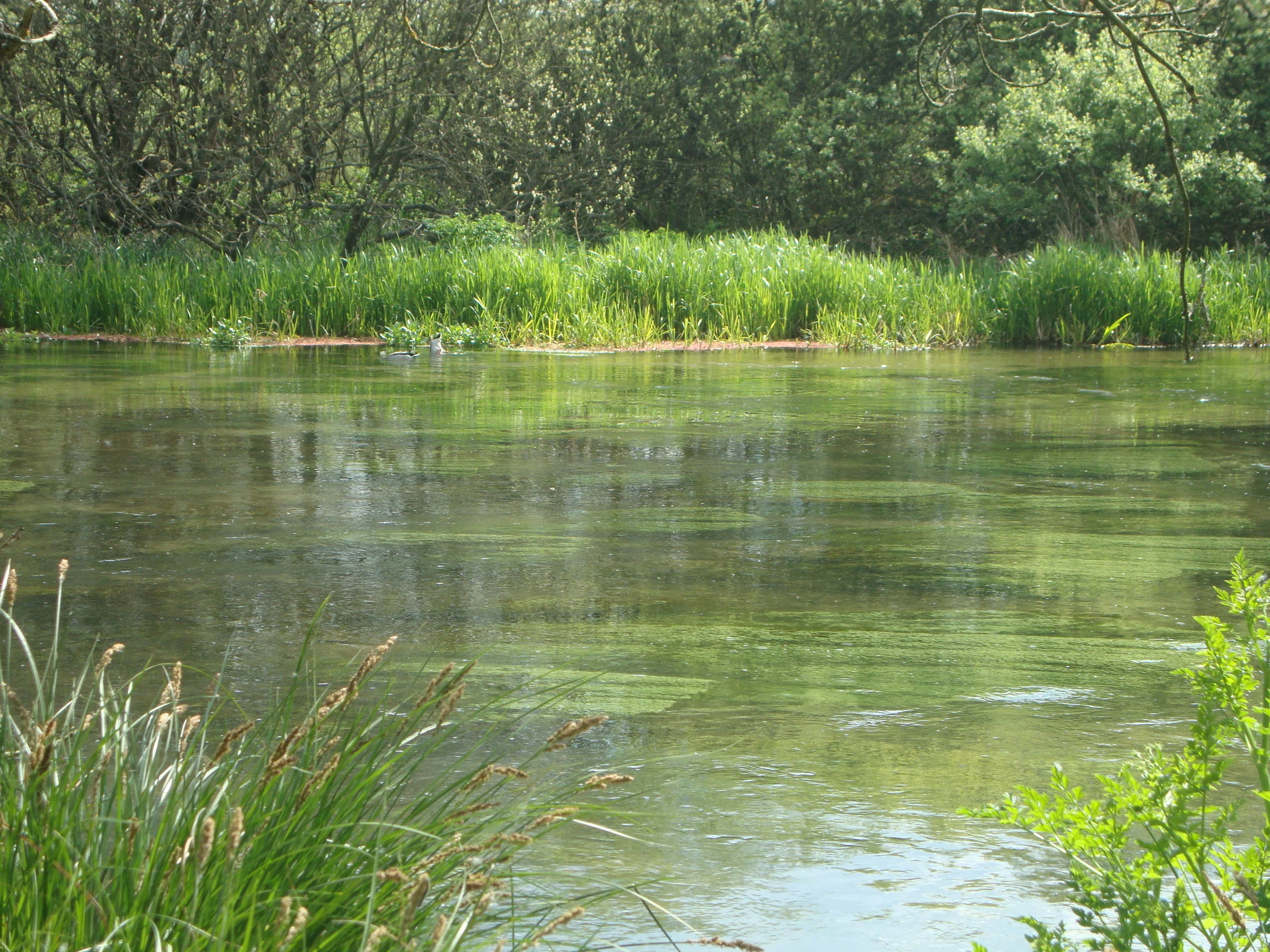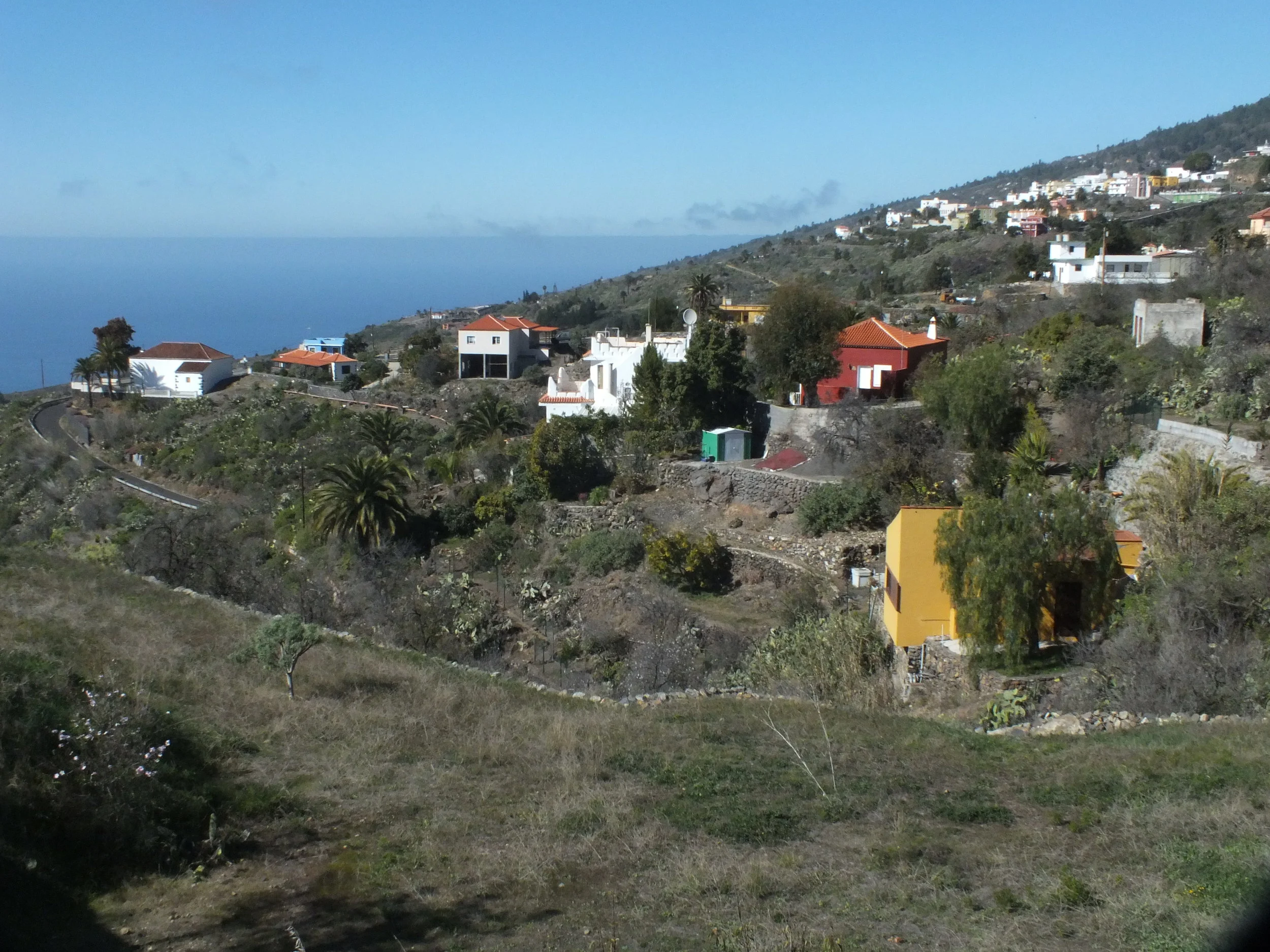Indonesian forest clearance to make way for palm oil plantations
It's widely acknowledged that much personal benefit, let alone enjoyment, can be gained from travelling and seeing other parts of the world. Yet I fully appreciate that my footprint, along with everybody else’s, has an impact that in effect makes a statement about how we treat our planet and other communities. It does not take place outside of a context, whether that is ecological, economic, social, cultural or political. We have, for example, become familiar with carbon offsetting, especially when booking air travel, but is this genuinely effective or simply conscience cleansing? A recently published study suggests global tourism accounts for 8% of carbon emissions, three times greater than previous estimates.
Travelling, and the travel industry that supports it, often puts an enormous strain upon places and communities. This can take the form of various environmental pressures, the disruption to communities, and in some cases, lead to ‘over-tourism’ in such places as Barcelona, Venice, Machu Picchu, Maya Bay and the Isle of Skye that have prompted curbs or provoked a local backlash. The growth of AirBnB has been instrumental in changing the social fabric of particular districts in some cities.
Whilst measures to control or limit visitors are understandable, and even to be welcomed, some states and communities still rely heavily on tourism and regard it as means of supporting and boosting the local economy. There comes a point though when catering for visitors changes the place and community to such an extent that it undermines the very essence and attractiveness that gave it its appeal in the first place. Now that the retreat of the Arctic ice due to climate change has opened up the North West Passage to cruise ships, what will be the long term impact on the traditional ways of life of those small isolated communities in the Canadian High Arctic and the northern shores of Alaska? And then who gets to decide what is acceptable and sustainable? Are the decision making and governance structures adequate and in place?
Protests against overdevelopment of tourism in Barcelona
As the backlash in places such as Barcelona and Berlin reminds us, today we are far more aware of the sustainability impact of our travelling and activities. Foreign travel is now more accessible and affordable, as the rise of (often notorious) stag- and hen- party weekends to various European cities illustrates, with all that means for climate change, water shortages and waste management. If we cannot readily justify the continuing damage to the environment through unsustainable travel practices or damage to ancient ruins and temples, how should we respond and lessen our footprint?
Is consensus possible?
And what of our impact and engagement with communities and in some cases our perspective of the treatment of human rights in various places. Can there be a consensual approach to this? Well, yes, this has been the case in some limited cases such as when the international community advocated a ban on visiting Myanmar so as not to support the military regime there that was benefitting directly from the tourism infrastructure. Even so, some tour companies ignored the call. At other times it is more about being attuned to the voices of specific campaigns and the news emanating from particular countries, and then making a personal judgement as to whether one’s visit will benefit the local communities more than the harm that might be done to those same peoples by the authorities and others. Trying to get reliable and factual information may not always make the judgement an easy one to make.
If your visit is effectively one of solidarity with those you will meet or mingle with, and your visit can make some kind of contribution by assisting them to improve their conditions, then that would seem to be a favourable argument for visiting. Ultimately, however, it still comes down to personal judgement. On occasions, a similar but alternative destination might be a better option.
Solidarity or boycotts?
On the other hand there is sometimes what one might call ‘solidarity tourism’, such as when the fledgling Sandinista regime backed calls for international coffee picking brigades in the 1980s in an attempt to rebuild the country in the face of the US-backed Contras attempts at its destabilisation. For a long time Cuba has produced solidarity tours to bolster its international reputation and support for building a different kind of society. Numerous tours exist for visiting Palestine, especially the more accessible West Bank. Of course one may want to guard against being used as an effective propaganda vehicle. More recently many ‘tourists’ have felt inclined to holiday in Greece as a gesture of support to the Greek people and their struggle to cope with the impact of severe austerity imposed by the financial demands of the EU and European banks.
Burnt remains of a Rohingya village in Myanmar
Like many, my dismay at the Trump presidency and administration, does not currentlyencourage me to want to travel to the United States, as I do not want to feel that I would be endorsing the acceptability of his often extreme policies, actions and view of the world. This is not to say that unsupportable things did not occur under previous administrations of either stripe, but this presidency does seem to be of a different order. Similarly, even though I have enjoyed several trips to Istanbul and regard it as an astonishing city to see, I do not feel I could return at this moment in the wake of the massive crackdown, arrests and imprisonments under President Erdogan. Furthermore, should we again boycott Myanmar following the persecution of the Rohingya people? The controversy surrounding Leeds United playing football matches in Myanmar highlights the ongoing sensitivities around this issue. Recently the Myanmar military has been attacking Kachin state that has led to the reported deaths of civilians.
Is this a rational position to take, when in any society or country there will be matters that we may disapprove of? Again, it becomes very much a personal decision and one could easily end up in some kind of moral fog, finding arguments for visiting one place, but not another and then when stepping back, finding that one has not been entirely consistent. May be in feeling emboldened to make some form of personal decision, the magnitude of the issue or the depth of the impact is integral to our deliberations. However, it does seem that people do make these choices, and in the case of the United States, the New York Times reported that fewer international travellers went to the United States during the first part of 2017 than over the same period the previous year indicating that a sizeable number of people have effectively made personal boycotts of the USA, at least for the time being.
There are though no easy solutions to these dilemmas, nor is it easy to find widespread consensus to provide guidance across a number of challenging issues. What it does demand though, even if it is hard to know where to draw the line, is that we maintain an awareness and not venture blindly into places or communities where highly controversial circumstances clearly exist. At the end of the day, what is the real price of a suntan or a selfie with that iconic landmark in the background?






